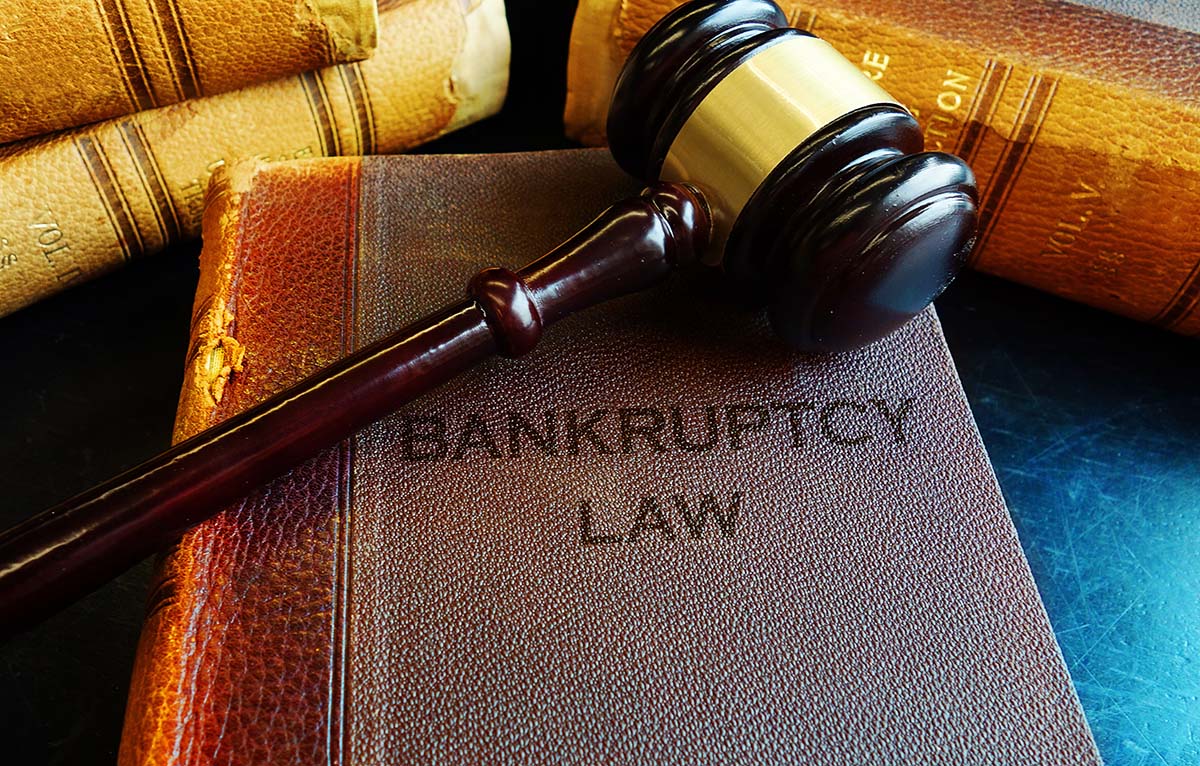Everything You Need to Know about Taxes and Bankruptcy in Arizona
Anyone who is facing extensive debt considers bankruptcy as a viable solution. Filing for bankruptcy in Arizona allows for discharging debt or benefiting from a less strenuous repayment plan. Before filing for bankruptcy, however, ita��s important to consult an attorney and discuss issues on taxes and bankruptcy in Arizona.
Think about Non-Dischargeable Debts
While certain types of debt can be eliminated through an Arizona bankruptcy, the so-called non-dischargeable debt will be left.
Non-dischargeable debt is a term that refers to amounts that will still be owed to a creditor, even when a debtor files for bankruptcy. A few of the most common types of non-dischargeable debt include:
- Child support
- Tax debt (most, some could potentially be discharged)
- Student loans
- Alimony payments
Under Chapter 7 bankruptcy, it will be impossible to discharge the following kinds of tax debt:
- Non-punitive taxation penalties
- Unfiled tax return debt
- Erroneous tax refunds
- Trust fund taxes
Depending on the chapter under which a person is filing for bankruptcy, non-dischargeable debt payments could be made more lenient. This is possible under a Chapter 13 bankruptcy, allowing the debtor to avoid lawsuits because of their inability to make the needed payments.
Taxes and Bankruptcy Discharges
Certain kinds of taxes can be discharged in an Arizona bankruptcy.
Tax discharge is incredibly complicated and certain circumstances will have to be present for it to occur. Whenever all of the following criteria are met, tax discharge can occur under an Arizona bankruptcy filing:
- The tax return should have been due at least three years ago
- The tax return should have been filed at least two years ago
- The IRS has reached the conclusion that the respective tax debt is at least 240-days old
Whenever these conditions are met, a debtor would be capable of eliminating income taxes, non-trust-fund employment taxes and certain types of business taxation. Such discharges are possible under a Chapter 7 bankruptcy, as long as the debtor in question hasna��t committed tax fraud in the past.
The alternative would be a Chapter 13 bankruptcy that calls for the payment of the priority portion of tax debt via the setting up of a facilitated payment plan. The remainder of the tax debt could either be eliminated or reduced significantly.
The Importance of Filing Tax Returns before the Bankruptcy Procedure Begins
Ita��s crucial to get all tax returns filed before getting started with the Arizona bankruptcy procedure.
Everyone who files for bankruptcy will need to provide a Statement of Financial Affairs for Individuals Filing for Bankruptcy. The statement takes a look at the individuala��s income over a two-year period. Putting this information together without filing tax returns can be a rather challenging process.
In addition to the statement, individuals filing for bankruptcy are also required to list their property. The list should feature tax refunds that the person could be owed.
Unless the tax refund being owed is listed among the properties of the debtor, the person will lose their right to claim the refund after the closing of the bankruptcy case.
 A failure to file tax returns will be a problem both under Chapter 7 and Chapter 13 bankruptcy filing. In the case of a Chapter 13 filing, a person should have tax returns filed for all taxable periods ending during the four-year period that is completed on the day when the person files for bankruptcy. Under the US Bankruptcy Code, a person filing for a Chapter 7 bankruptcy should provide a copy of the most recent tax returns within seven days of meeting their creditors.
A failure to file tax returns will be a problem both under Chapter 7 and Chapter 13 bankruptcy filing. In the case of a Chapter 13 filing, a person should have tax returns filed for all taxable periods ending during the four-year period that is completed on the day when the person files for bankruptcy. Under the US Bankruptcy Code, a person filing for a Chapter 7 bankruptcy should provide a copy of the most recent tax returns within seven days of meeting their creditors.
Finally, when tax returns arena��t filed in due time, the debtor could face issues with discharging eligible tax debt. Having all taxation documents and filings completed before the bankruptcy case makes the situation much easier for the debtor, plus it could potentially result in the elimination of certain kinds of tax debt.





